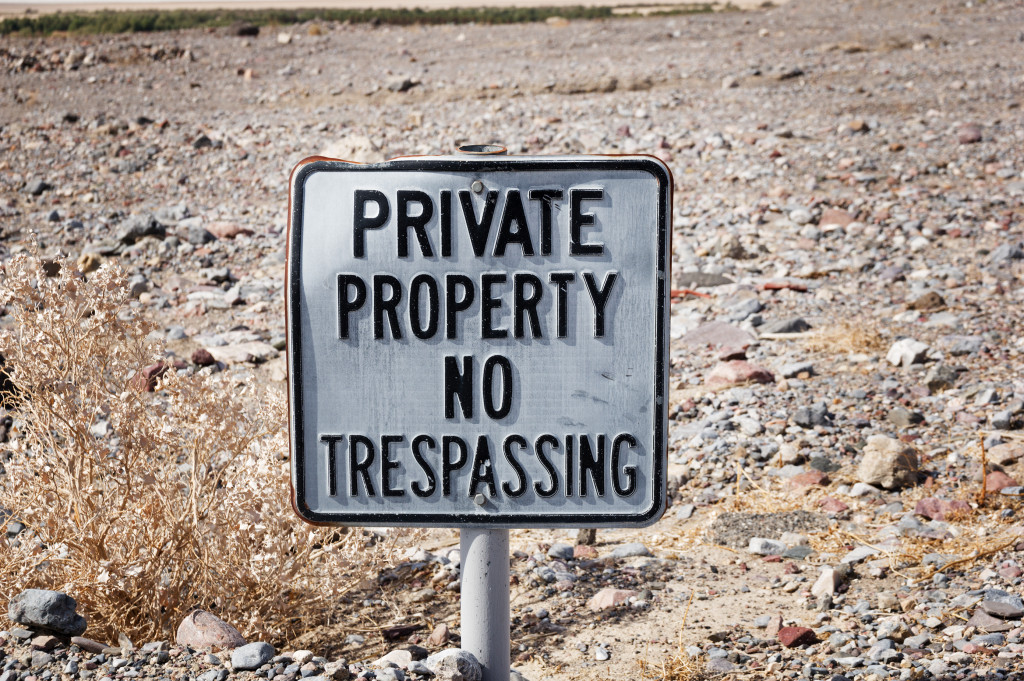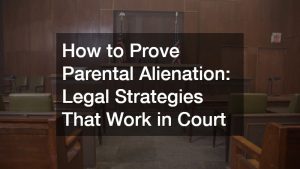There are many descriptions of the word “home”. Many beautiful and meaningful ways to describe it. Home is supposed to be a place of peace and safety. Your home is where you are supposed to feel loved and welcomed. It is where you can be yourself, where you can be vulnerable with no inhibitions.
It is known to be a “Man’s Kingdom”. A place where you give shelter to the people you loved the most. It is where you build memories with your spouse, your children, and your parents. Memories that you cherish and it lasts forever. So it is only fitting that you not only protect it personally, but it deserves the protection of the law.
In times when there is lawlessness for a few, the law serves you for your human rights, safety, and protection. It doesn’t only protect you and your loved ones. But the law should also protect your property itself. Both are very important to you. The things and very people that matter most to you the most. The law protects both the house or the property and the people inside the house. It should protect their privacy, their rights, and their benefits. As a matter of importance, you may check the Bill of Rights.
From there you will see that the word “house” appeared two times. This shows how the law gives emphasis to how your home must be covered with an ample amount of protection.
Laws of the Land
The Laws of the land are very wide and broad. It is a system and list of rules that a country should follow and recognize. The law regulates the actions of its people and is enforced by the government. Its enforcement is imposed with sanctions and penalties.
Of course, it is already a no-brainer. The law should protect the innocent from criminality. When your homes are under attack, call 911, and they should respond with no questions asked. Peace and order in and out of the house must be observed at all costs. Justice must be served at all times. But this blog zooms in on three other laws that you should know as a homeowner.
The Third Amendment
This is described as a law that prohibits soldiers in times of both war and peace to be quartered in any house. This can only be possible only if the homeowner allows it. Studies show that this is a reaction to a Pre-British Revolution law. As it states the opposite of the Third Amendment didn’t sit well with the Americans.

It particularly invades the privacy of homes. Then endangers lives for possible attacks during times of war. Not only is your privacy invaded. But it also puts the lives of the people inside the home at a very dangerous risk. Damages to homes and other properties are also inevitable.
The Fourth Amendment
This amendment specifically zeroes in on people’s security inside their homes. This also protects anything and everything indoors. Here, the home and the property are protected against unreasonable searches. And can only be done if a warrant is issued upon probable cause. This should be supported by an oath of affirmation. It should describe in detail the place and persons to be searched. Including the things and persons to be seized.
This law also protects your home and your personal properties. Unlike the Third Amendment where your home is protected from potential enemy attack. This one is for your protection from government officials that are preying on you.
The Fifth Amendment
This amendment this time protects your property. This prevents private properties from being used for public consumption. But with no compensation. You can also get compensated when the government takes your property title. Compensation should also be provided when the government invades your property. Especially when they attach conditions that are unreasonable. Or conditions not related to the purpose of invasion.
It is important to note that the law is broad and very wide. What is shared here are basic laws that are worthy of personal knowledge. There are even more laws that pertain to the protection of homes and private properties. It is better to get legal counsel from a trusted estate lawyer.
What’s good is that you know the basics and how it applies to you. It is always good to know that you have your rights. And that all those rights are protected. Please take note of the saying “ignorance of the law excuses no one”. And the answer to that ignorance is learning and research, especially under the guidance of law experts.






